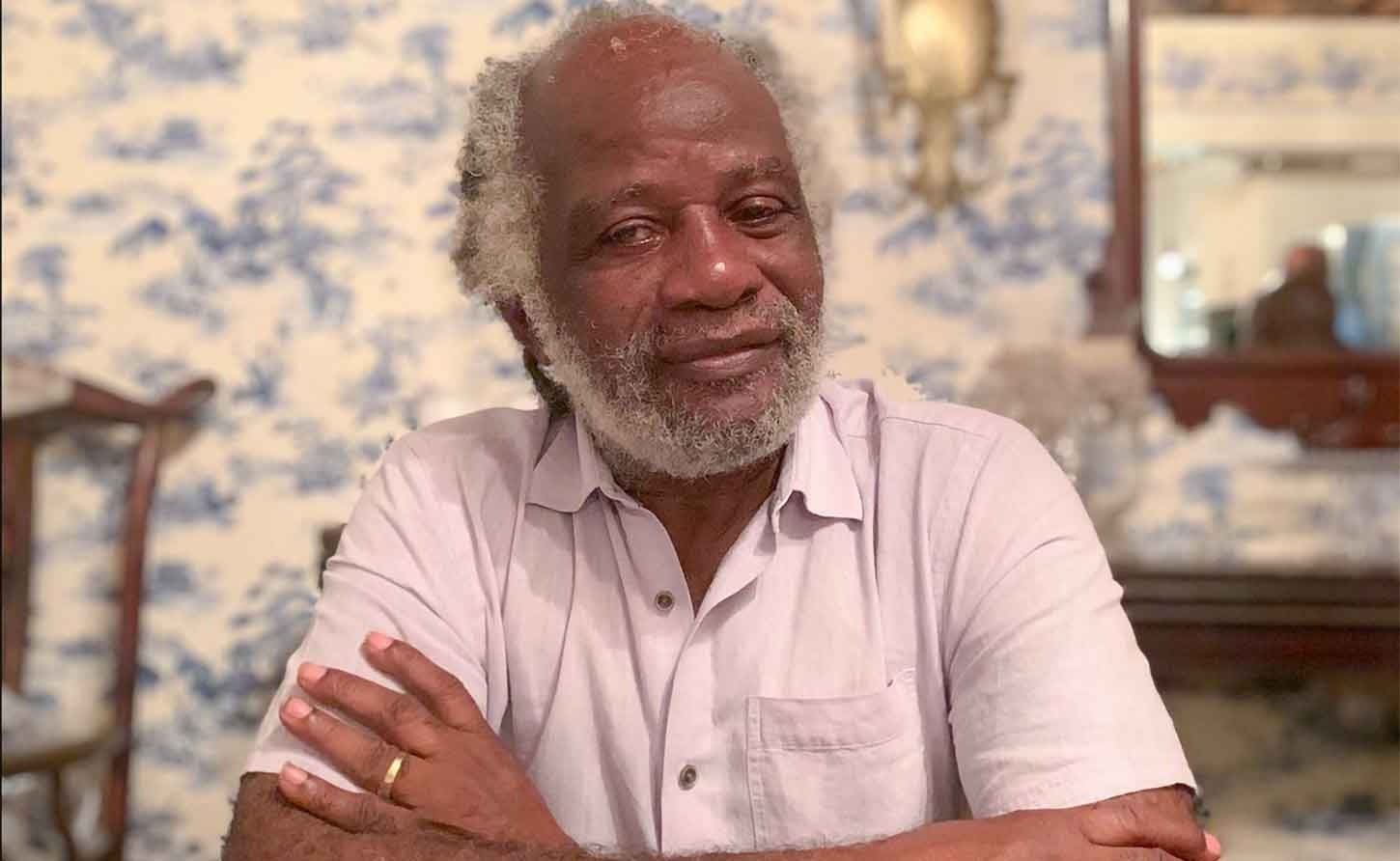JAMAICA | Fractured Foundations: The Power Struggle Threatening to Tear the JLP Apart

MONTEGO BAY, Jamaica, April 25, 2025 - A quiet civil war is brewing within the Jamaica Labour Party, revealing deep fissures that could reshape the political landscape.
At the epicenter of this upheaval are two constituencies—West Central St. James and North Central St. Andrew—where rebellion against authority and the unraveling of political careers have exposed a party at war with itself.
Marlene Malahoo Forte, the accomplished two-term MP and King's Counsel, now moves through West Central St. James like a ghost of her former self. While publicly maintaining her intention to contest the next general election, those in her inner circle paint a different picture: a weary politician increasingly drawn to family obligations and the sanctuary of her financial security rather than the grueling demands of constituency work.
As the PNP's Dr. Andre Haughton gains momentum with his energetic presence in the constituency, Malahoo Forte's diminishing appetite for the political battlefield becomes more apparent by the day.
Her solution seemed elegant on paper—secure the soon-to-be-vacant North Central St. Andrew seat as Karl Samuda prepares for retirement. This would provide her with safer political ground while allowing the party to maintain its strategic positioning. But one man has demolished this carefully constructed escape plan: Delano Seiveright.
Seiveright, a longtime party loyalist, has drawn a line in the sand that even Prime Minister Andrew Holness cannot erase. His unyielding determination to contest North Central St. Andrew represents more than a mere disagreement over candidate selection—it's an outright challenge to the party hierarchy and a signal that the old guard's authority is crumbling.
"This isn't about individuals; this is about the future of our party," a senior JLP insider confided. "When someone like Seiveright openly defies leadership directives, you're witnessing the first tremors of a major political earthquake."
The significance extends far beyond these two constituencies. This internal rebellion mirrors a wider generational and ideological divide threatening the JLP's cohesion.
With Dr. Christopher Tufton—once considered Holness's natural successor—reportedly losing steam and connection with the party's grassroots, the question of leadership succession has taken on new urgency.
Meanwhile, Malahoo Forte's political fortunes continue their downward spiral in West Central when Malahoo lost her ally Rena Forbes in the Mount Salem Division during the recent local government election it dealt a severe blow to her already weakening position.
Since 2017, Malahoo had allegedly utilized ZOZO as a means to funnel substantial funds to curry favor the electorate in the PNP's stronghold. dealt a severe blow to her already weakening position.
Adding salt to the wound, her longtime rival Dwight Crawford has been methodically building support through an aggressive social media campaign and strategic community engagement.
With the backing of the influential Russell dynasty, Crawford appears poised to deliver the final blow to Malahoo Forte's faltering career—despite concerns about his rumored connections to Tufton and the diminished Pier One faction.
The bitter irony is impossible to ignore. Malahoo Forte, who has maintained her integrity by refusing to bend to corrupt political financiers while remaining loyal to Holness, finds herself being sacrificed on the altar of false unity. As she clings to principles, political opportunists like Seivright and Crawford are rewriting the rules of engagement, recognizing that in today's JLP, loyalty counts for less than ambition.
These two constituencies—one struggling with urban challenges, the other representing the affluent elite—have become battlegrounds for the soul of the Jamaica Labour Party. The outcomes in West Central St. James and North Central St. Andrew will determine more than which candidates will represent these areas; they will signal whether Andrew Holness can maintain his iron grip on a party increasingly willing to challenge his authority.
As the cracks in the foundation widen, the JLP faces an existential question: Can it resolve its internal contradictions before they lead to collapse? If party leadership continues to ignore the growing dissent within its ranks, it may discover too late that the greatest threat to its continued power isn't the opposition—it's the JLP itself.
Please send feedback to
-30-
